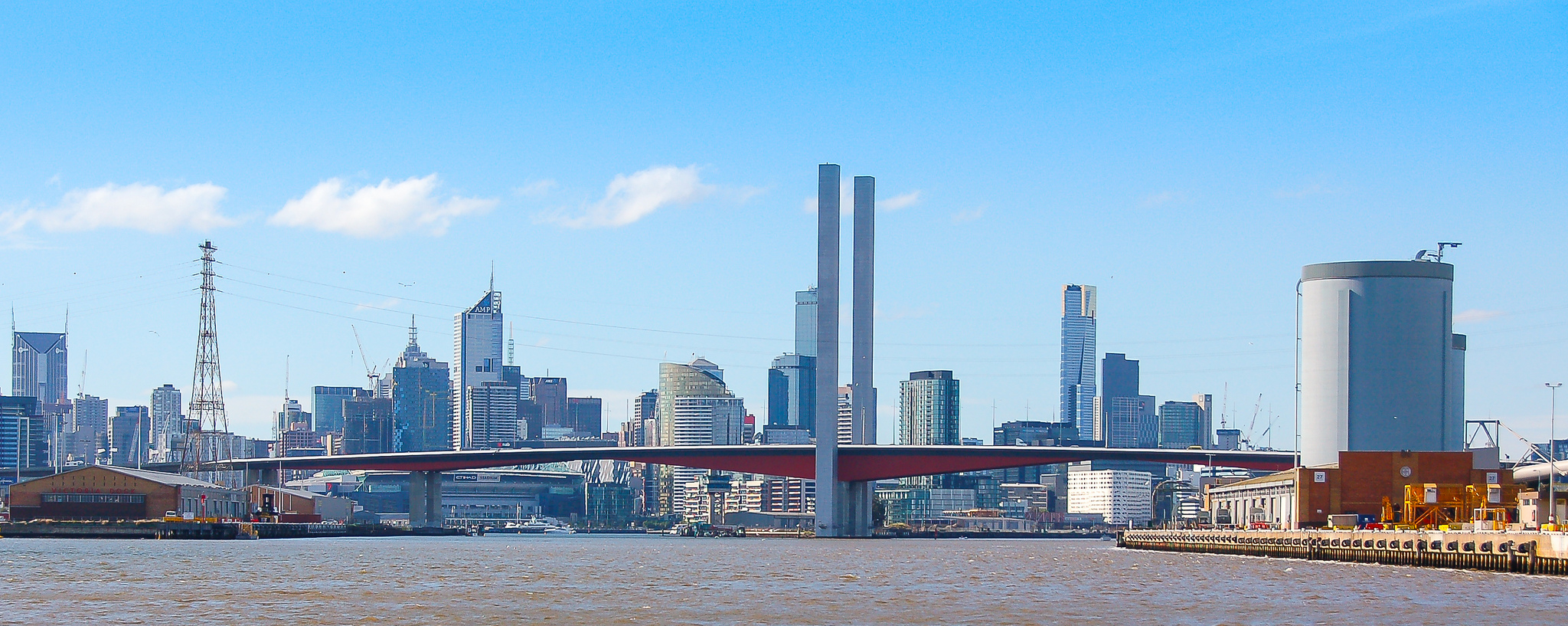
Give a man a fish and he eats for a day. Teach a man to fish, and he’ll eat for a lifetime.
We’ve all heard the saying. But how many folks out there are putting their money where their mouth is and taking this approach to our homeless population?
Micro Business is not a new concept – technically, most Australian small businesses with 5 or fewer employees are classified as micro businesses. But this model also provides a fantastic opportunity to begin giving poverty-stricken Australian the step up they need to earn their own living, own their own business – and regain their confidence.
You can be forgiven for being sceptical, but research backs results.
In 2005, the Economist reported that micro-lending programs by Bangladesh banks achieved unexpected levels of growth. The Economist reported ‘it is becoming economically efficient to “lend tiny amounts of money to people with even tinier assets”.’
Back home, National Australia Bank collaborated with the Good Shepherd Sisters social services group to provide $30 million in No-Interest Loans (NILS) in 2006. NAB’s funding for it’s NILS program has surged to $130 million to date.
In Melbourne’s Collingwood, Social Studio provides a fantastic base for establishing migrant Australians to use their formidable textiles, cooking and brewing skills to establish themselves in their new home.
Of course, most inner-city Australians have gotten behind a Micro Business program whether they know it or not – if you’ve ever bought a copy of ‘The Big Issue’, you’ve become part of the solution.
Melbourne Lord Mayor Rob Doyle has high hopes for implementing micro business social enterprise in his city. Lord Mayor Doyle announced he’ll be looking at reform for the city’s fund of small business grants to include Australians looking to self-employ their way out of the poverty trap.
Making the announcement at last week’s 2010 Microbusiness Summit, hosted by AXA, the Lord Mayor told an audience of over 100 leaders in social welfare, finance and business enterprise that American President Franklin Roosevelt used similar tactics to combat the Great Depression.
Cr Doyle referred to a 1932 radio address from President Roosevelt that proposed the lowest socio-economic class was the ‘forgotten man’ that nonetheless made up ‘indispensable units of economic power’. If we can help generate earnings for our hardest-hit Aussies, the rest of the economy will benefit.
In the end – it’s up to us. Do you buy the Big Issue, get your shoes shined or support lower-income service providers? If so, do you also give money to homeless who beg? Is there a difference? And do you think we can trust society’s downtrodden with funds to start their own business?

